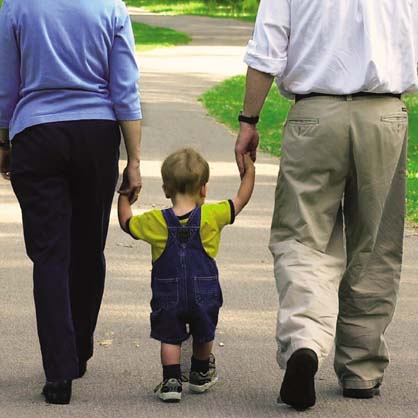 consciously uncoupling, they clearly touched a public nerve. There was immediate sniping from people who seem to prefer celebrity gossip leavened with spite and public histrionics. Critics derided the process Paltrow and Martin are choosing and questioned their motives, and more than one “expert” opined that divorce could not occur without acrimony and anger. I beg to differ.
How cynical has the public discourse become when people would criticize a process of divorce that mindfully strives to create emotional safety for children? What’s to be gained by scoffing at the notion of creating an effective co-parenting relationship? Why is there an automatic assumption that hurt and sadness–even betrayal–must trigger fury and contempt, and that divorce is of necessity an adversarial process?
consciously uncoupling, they clearly touched a public nerve. There was immediate sniping from people who seem to prefer celebrity gossip leavened with spite and public histrionics. Critics derided the process Paltrow and Martin are choosing and questioned their motives, and more than one “expert” opined that divorce could not occur without acrimony and anger. I beg to differ.
How cynical has the public discourse become when people would criticize a process of divorce that mindfully strives to create emotional safety for children? What’s to be gained by scoffing at the notion of creating an effective co-parenting relationship? Why is there an automatic assumption that hurt and sadness–even betrayal–must trigger fury and contempt, and that divorce is of necessity an adversarial process?
As a Neutral Child Specialist, I respect the calm and dignified way Paltrow and Martin have begun this sad journey, which, because of their professions, will need to be done in the public eye. Understanding that language is powerful, I applaud the term conscious uncoupling, which, like getting unmarried, does not carry the emotional baggage of the word divorce. I was especially impressed when Paltrow and Martin referenced the wish to co-parent and to continue to be a family for the sake of their children
A divorce process that puts the needs of children at the center is much healthier, not only for children but also for their parents. It is true that effective co-parenting leads to a much higher quality of life for all family members. These goals are embodied in the work of the Collaborative Team Practice community. Collaborative Team Practice may not be chosen by those who don’t believe that parenting during and after a divorce requires mindfulness, a certain amount of self-sacrifice and hard work to keep children at the center and out of the middle. However, it is an excellent process for parents who want to reduce the impact of a painful change on their children’s future.

